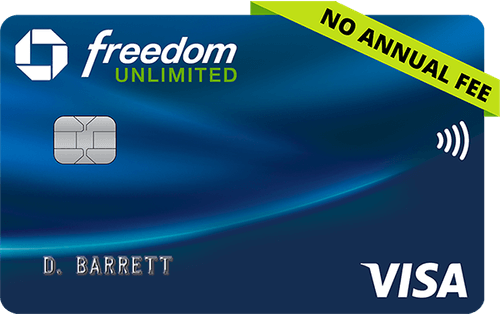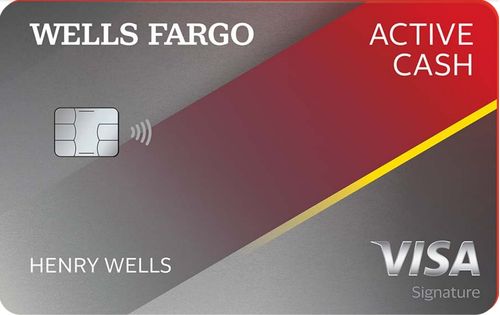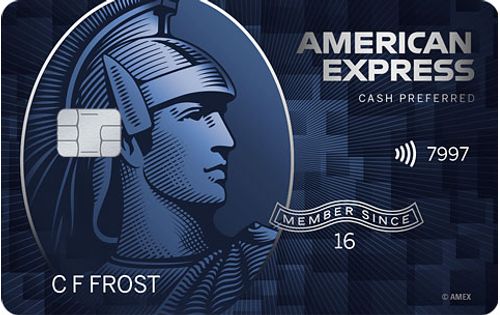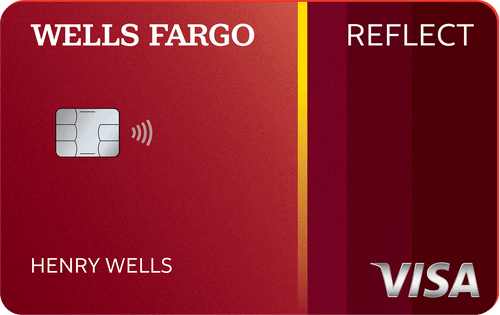WalletHub, Financial Company
@WalletHub
Yes, you can get a credit card without a job, as most credit card applications let you put student, homemaker, unemployed, or enter other sources of income. Annual income and assets are more important than employment status when applying for a credit card, though.
What Counts as Income for a Credit Card Application
Income is usually from a job, but it can also come from other sources like an inheritance or investments. Your assets are anything of value that you own. For example, if you have a rental property, the property would be an asset. And the rent you charge would be part of your income.
If you’re under 21 years old, you’ll need your own income source to qualify for a credit card. That could include a regular allowance from your parents, though. If you’re over 21, you can list household income that you have reasonable access to. For example, a stay-at-home parent could list their spouse’s income. Without a job or any income, a credit card will be much more difficult to get.
How to Get a Credit Card Without a Job:
- Put down non-employment income: You can list alimony, disability benefits, certain scholarships, and investment or rental income, for example.
- List shared income: If you have consistent access to someone else’s income, you can list that. For example, it could be an allowance from a relative (if you’re under 21 years old) or your partner’s pay (21+).
- Become an authorized user or get a joint account with someone else: An authorized user can make charges on someone else’s account. But the primary cardholder owns the account and is legally responsible for paying the bills. This option is the easiest way to get a card and start building credit. You can also get a joint credit card from U.S. Bank without a job, as long as the co-owner has enough income. But in a joint credit card arrangement, both people are liable for the debt.
- Get a secured card: To get a secured card, you must put down a security deposit (usually $200+), which serves as the credit limit. Since there is no possibility of borrowing more than you can pay, secured cards are easier for people with limited income or bad credit to get.
You can get a credit card without a job as long as you have enough income or assets to pay your bills. So, being out of work doesn’t mean losing out on the opportunity to improve your credit score or enjoy the convenience of plastic.

Phil Mendez, Member
@phil_mendez
Technically, you can for some. Generally, you need a source of income, because how else are you going to pay your credit card bills?
That being said, it's not limited to just having a job. Alimony, child support, pension, they all still count as income. Also, if your spouse has a job, you can technically include that, if you're certain they'll help you out.
Grace Porter, Member
@grace_porter
First off, getting a credit card without a job is risky, especially if you don’t have any other income. That being said, having a job is not necessarily a credit card requirement, since many credit card applications only ask for generic occupation or employment. What’s more important is income. Even without employment information, credit card applications require you to list your total annual income, which can even include alimony or child support. I think your best bet is to try and become an authorized user on someone else’s card, or apply for a secured credit card.
People also ask
Did we answer your question?
Important Disclosures
Ad Disclosure: Certain offers that appear on this site originate from paying advertisers. For full transparency, here is a list of our current advertisers.
Advertising impacts how and where offers appear on this site (including, for example, the order in which they appear and their prevalence). At WalletHub we try to present a wide array of offers, but our offers do not represent all financial services companies or products.
Advertising enables WalletHub to provide you proprietary tools, services, and content at no charge. Advertising does not impact WalletHub's editorial content including our best picks, reviews, ratings and opinions. Those are completely independent and not provided, commissioned, or endorsed by any company, as our editors follow a strict editorial policy.



